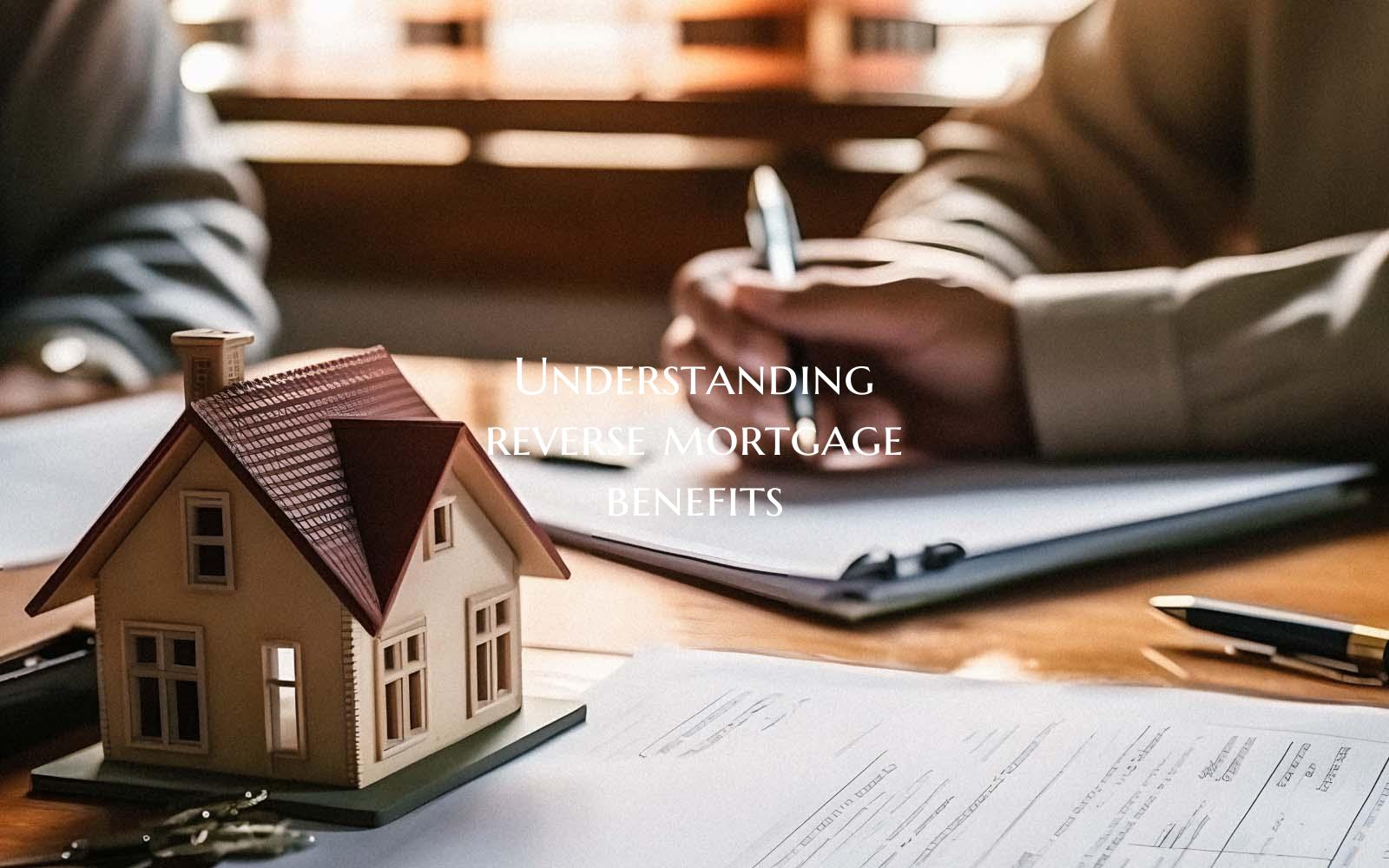Understanding reverse mortgage benefits

A reverse mortgage is a financial tool often used by older homeowners seeking to access the equity in their homes without selling or moving out. It allows homeowners aged 62 and older to convert a portion of their home equity into cash, providing them with additional income streams in retirement. Understanding the benefits of reverse mortgages can help homeowners make informed decisions about their financial future.
1. Supplement Retirement Income: One of the primary benefits of a reverse mortgage is the ability to supplement retirement income. Many retirees find themselves with limited cash flow but significant home equity. By tapping into this equity through a reverse mortgage, homeowners can improve their financial stability and cover expenses such as healthcare, home maintenance, or daily living costs.
2. No Monthly Mortgage Payments: With a reverse mortgage, borrowers are not required to make monthly mortgage payments. Instead, the loan balance becomes due when the borrower sells the home, moves out permanently, or passes away. This feature can provide relief for retirees on fixed incomes who may struggle to keep up with traditional mortgage payments.
3. Flexibility in Payment Options: Reverse mortgages offer flexibility in how borrowers receive their funds. Homeowners can choose to receive a lump sum payment, establish a line of credit to draw from as needed, opt for regular monthly payments, or a combination of these options. This flexibility allows borrowers to customize their financial strategy based on their individual needs and goals.
4. Stay in Your Home: Another significant benefit of a reverse mortgage is that it allows homeowners to stay in their homes while accessing their equity. This can be especially appealing to older adults who have strong emotional ties to their homes and wish to age in place comfortably.
5. Non-Recourse Feature: Reverse mortgages are "non-recourse" loans, which means that borrowers or their heirs will never owe more than the home is worth, even if the loan balance exceeds the home's value. This provides a layer of protection for borrowers and their families, ensuring that they will not be held liable for any shortfall if the home's value declines.
6. FHA Insurance: Most reverse mortgages are insured by the Federal Housing Administration (FHA), providing an added layer of protection for borrowers. FHA insurance ensures that borrowers will continue to receive their funds even if the lender defaults, giving homeowners peace of mind when considering a reverse mortgage.
In conclusion, understanding the benefits of reverse mortgages can empower older homeowners to make informed decisions about their financial future. Whether you're looking to supplement retirement income, eliminate monthly mortgage payments, or access home equity while staying in your home, a reverse mortgage may offer a viable solution. It's essential to explore all aspects of a reverse mortgage, weigh the benefits against the potential drawbacks, and consult with a financial advisor to determine if this financial tool aligns with your long-term goals.
